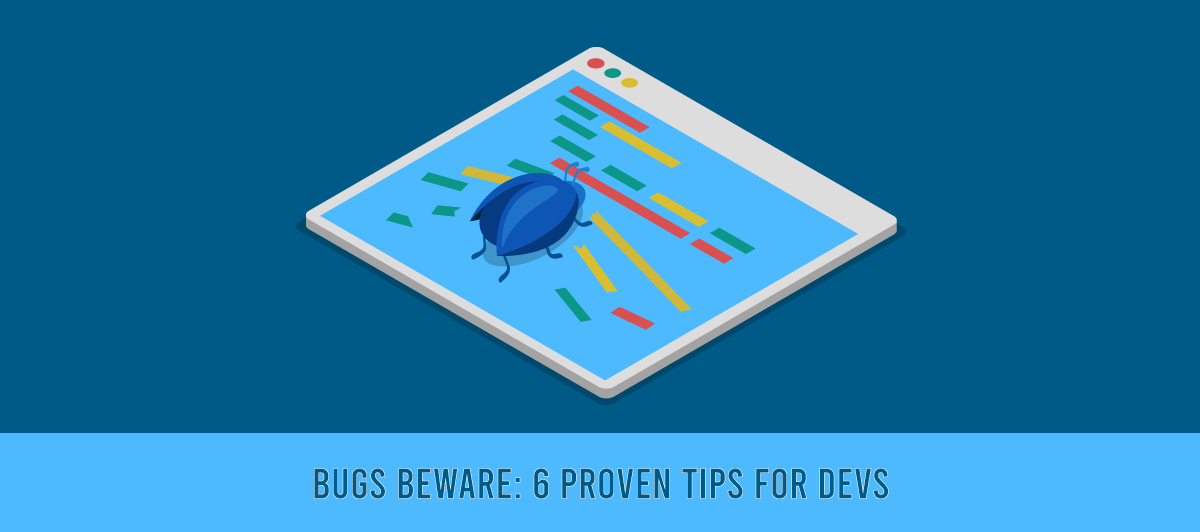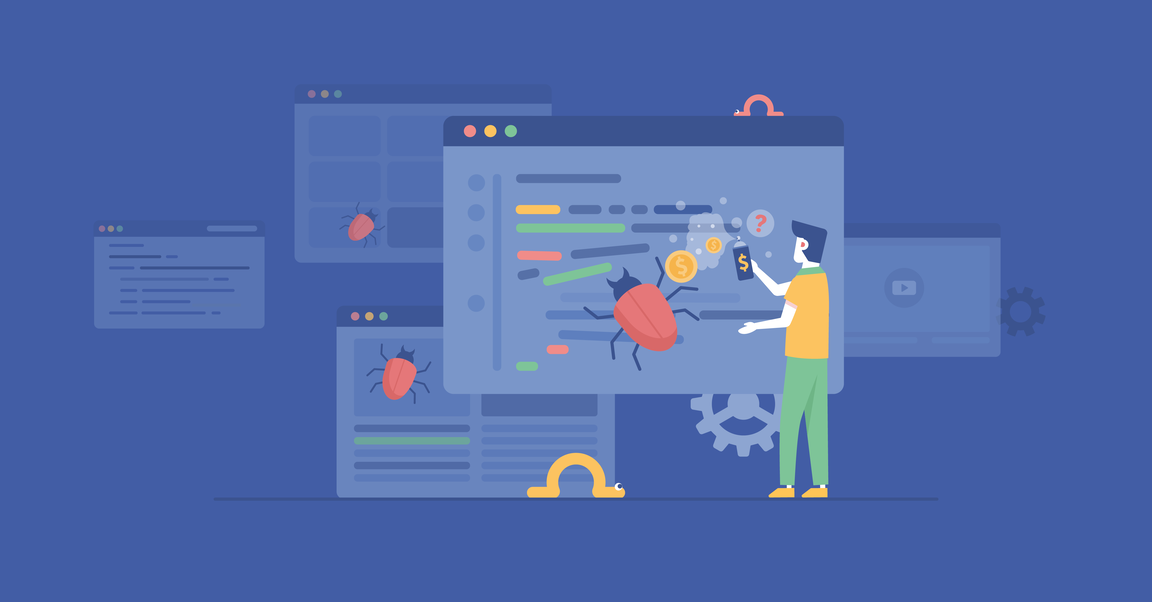Dealing with common bugs in your operating system can be frustrating, but understanding how to resolve them can save you time and effort. Whether you’re encountering glitches, freezes, or other issues, this guide will help you troubleshoot effectively.
1. Understanding Software Updates and Compatibility
Regular updates are crucial for your operating system’s health. Common bugs in your operating system often stem from outdated software or compatibility issues with newer applications. Ensure you regularly update your OS and applications to minimize these issues.

2. Dealing with System Crashes and Blue Screens
One of the most alarming common bugs in your operating system is a sudden crash or a blue screen of death (BSOD). These can occur due to hardware failures, driver conflicts, or corrupt system files. Restart your computer and check for driver updates to resolve these issues.
3. Addressing Slow Performance and Lag
Is your computer sluggish? Slow performance is among the common bugs in your operating system and can result from excessive startup programs, insufficient RAM, or a fragmented hard drive. Use task manager tools to manage startup apps and consider upgrading hardware if needed.
4. Fixing Application Errors and Freezes
Applications freezing or displaying errors are common bugs in your operating system. Update your applications and check for system updates. If the issue persists, reinstall the problematic application or use troubleshooting tools provided by your OS.
5. Resolving Internet Connectivity Problems
Internet connectivity issues are common bugs in your operating system that can arise from network configuration problems or outdated network drivers. Resetting your router, updating network drivers, or using network troubleshooters can often resolve these issues.
6. Handling Peripheral Device Malfunctions
If your printer, scanner, or other devices aren’t working correctly, driver issues are common bugs in your operating system. Ensure your devices have the latest drivers installed or use device manager tools to troubleshoot and update drivers.
7. Eliminating Disk Errors and File Corruption
Disk errors and file corruption are common bugs in your operating system that can lead to data loss or system instability. Use built-in disk checking utilities to scan and repair disk errors periodically to maintain system integrity.
8. Dealing with Overheating and Fan Noise
Overheating and excessive fan noise can indicate common bugs in your operating system caused by dust buildup, improper ventilation, or outdated BIOS settings. Clean your computer regularly and adjust fan settings in BIOS to prevent overheating.
9. Managing Battery Drain Issues
If your laptop battery drains quickly, it could be due to common bugs in your operating system causing inefficient power management. Adjust power settings, disable unnecessary background processes, and update your OS to optimize battery life.
10. Addressing Audio and Sound Problems
Audio issues like distorted sound or no audio output are common bugs in your operating system. Check audio settings, update sound drivers, and ensure audio cables are properly connected to resolve these issues.
11. Handling Display and Graphics Glitches
Display glitches, screen flickering, or resolution problems are common bugs in your operating system that can stem from outdated graphics drivers or incorrect display settings. Update graphics drivers and adjust display settings for optimal performance.
12. Troubleshooting Startup and Boot Problems
If your computer fails to start or gets stuck during boot, it indicates common bugs in your operating system related to startup programs or corrupted system files. Use safe mode to troubleshoot or repair startup issues using system recovery options.
13. Resolving Touchpad or Keyboard Malfunctions
Unresponsive touchpads or malfunctioning keyboards are common bugs in your operating system that can result from driver issues or hardware faults. Update drivers and check for hardware problems to ensure input devices function properly.
14. Dealing with Privacy and Security Concerns
Security vulnerabilities and privacy settings are common bugs in your operating system that can expose your system to malware or unauthorized access. Keep your OS updated, use antivirus software, and configure privacy settings to enhance security.
Conclusion
In conclusion, understanding and addressing common bugs in your operating system is essential for maintaining your computer’s performance and reliability. By staying proactive with updates, troubleshooting effectively, and understanding your system’s behaviour, you can resolve issues swiftly and keep your operating system running smoothly.

